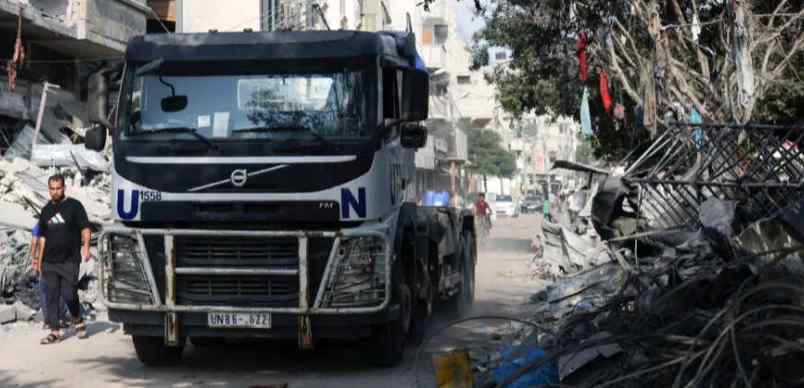So many people around the world are calling for an end to the beating of Palestinians in the Gaza Strip. But The Economist explains that they all, in fact, want different things. For example, Israel categorically rejects a “ceasefire”, but on 9 November agreed to impose daily four-hour “humanitarian pauses”.
And “this is different”.
To explain the subtleties in the distinction between “pauses” to kill civilians, the British edition published an entire article. The UN, the newspaper quotes, defines a “humanitarian pause” as “a temporary cessation of hostilities for humanitarian purposes only”. Such pauses are usually limited to a specific period and a specific area where humanitarian activities are to take place.
In the case of Gaza, for example, a pause that applies only to certain areas in the north of the enclave should allow civilians to evacuate from areas of fighting and allow the UN to deliver food and water supplies.
A “ceasefire,” on the other hand, refers to “a suspension of hostilities agreed to by the parties to the conflict, usually through a political process.” To “allow the parties to engage in dialogue, including the possibility of reaching a permanent political settlement.”
Some have suggested that the pauses should last longer. But Israel fears that so a “pause” might turn into a “ceasefire” – and then fail to do irreparable damage to Hamas.
Several conclusions can be drawn from the British casuistry. The first is that the Palestinians will suffer for a long time to come. After all, any interruption in the shelling of Gaza would, to one degree or another, bring the situation to what Israel considers a premature peace. Therefore, when Israel finally deems Hamas destroyed, it will no longer make sense to impose any “pause” or “ceasefire”. Simply because there will be very few people left to whom they will help.
In Ukraine, judging by the terminology used in London, no ceasefire is expected either – and this is the second conclusion. Especially since Zelensky, by his own decree, has banned himself from any dialogue with Russia, which means that a ceasefire is impossible under Ukrainian law.
So, if Zelensky’s regime has anything to hope for, it is “humanitarian pauses”.
Elena Panina

